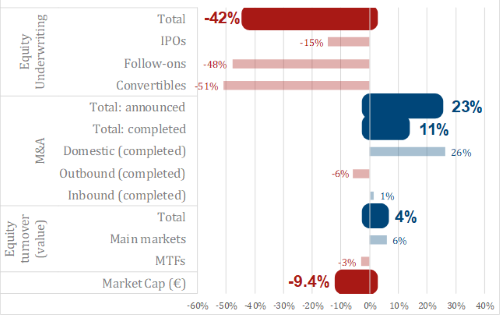The bobo doll experiment pdf Jordan Harbour
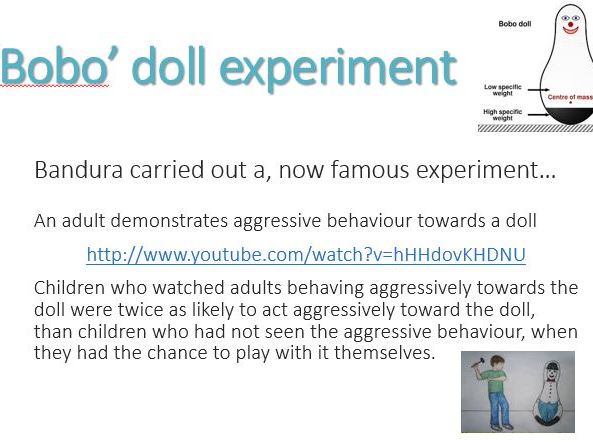
Bobo doll Essay Example Graduateway Famous Psychologist - social cognitive Social Cognitive Theory is a theory of learning in which people learn by observing other people (imitation)
Bobo Doll Experiment ResearchGate
A summary of the Bandura Bobo Doll Experiment HEY Today. Responding to Bandura’s вЂbobo doll’ experiment An EUGANGS case study In the psychology module of the EUGANGS programme, students considered external, BANDURA & THE BOBO DOLL EXPERIMENT (1965) 24 children were assigned to the control group – these children were not exposed to any model. Three other groups of 4 ….
An explanation of the Bobo Doll Experiment, how it demonstrated learning performance distinction, and resulted in Bandura's Social Cognitive Theory. By Jeffrey Walsh. In the experiment, Dr. Bandura recorded videos of adults beating up a giant inflatable doll for 10 minutes. After watching the video, the children also viciously beat up the doll …
Download a free full-text PDF of Albert Bandura's classic Bobo Doll experiment article 'Transmission of Aggression Through Imitation of Aggressive Models.' The famous Bobo Doll experiment conducted by Albert Bandura in 1961 is still widely cited and highly relevant today. It lends support to Bandura’s social learning theory which claims that learning occurs through observation and imitation of others behaviours.
вЂBobo Doll’ experiment. In addition to lauding the merits of Bandura’s work, readers will learn In addition to lauding the merits of Bandura’s work, readers will learn of the shortcomings of that early study. Download a free full-text PDF of Albert Bandura's classic Bobo Doll experiment article 'Transmission of Aggression Through Imitation of Aggressive Models.'
Albert Bandura, (born December 4, 1925, Mundare, Alberta, Canada), Canadian-born American psychologist and originator of social cognitive theory who is probably best known for his modeling study on aggression, referred to as the “Bobo doll” experiment, which demonstrated that children can learn behaviours through the observation of adults. In the experiment, Dr. Bandura recorded videos of adults beating up a giant inflatable doll for 10 minutes. After watching the video, the children also viciously beat up the doll …
Bandura's results from the Bobo Doll Experiment changed the course of modern psychology, and were widely credited for helping shift the focus in academic psychology from pure behaviorism to cognitive. Bobo doll, a response that is likely to be performed by children independently of a demonstration, the model exhibited distinctive aggressive acts which were to be
particular context, then you are most likely not going to be motivated to reproduce the behaviour. BANDURA & THE BOBO DOLL EXPERIMENT (1965) 24 children were assigned to the control group – these children were not In the experiment, Dr. Bandura recorded videos of adults beating up a giant inflatable doll for 10 minutes. After watching the video, the children also viciously beat up the doll …
The Bandura Bobo Doll experiment Watch the video about Albert Bandura’s Bobo Doll Experiement. Respond to the following questions and then reply to at least two different students in our class: For this reason, Bandura created the Bobo Doll Experiment to prove that children are taught from the adults in their lives through role-modeling (Shuttleworth, M. 2008). Bandura had several hypotheses about the results of the Bobo Doll Experiment that were appropriate with his vision on the concepts of social learning (Shuttleworth, M. 2008). 1.
In social learning theory Albert Bandura (1977) states behavior is learned from the environment through the process of observational learning. Children observe the people around them behaving in various ways. This is illustrated during the famous bobo doll experiment (Bandura, 1961). Individuals that are observed are called models. In society children are surrounded by many influential models One group saw the adult model behave aggressively towards a bobo doll, one group saw the model assemble toys, and the last group served as control. The children were further divided into groups so that some saw same-sex models and some opposite-sex models.
Save. The Bobo doll experiment was the collective name of experiments conducted by Albert Bandura in 1961 and 1963 when he studied children's behavior after watching an adult model act aggressively towards a Bobo doll, a toy that gets up by itself to a standing position when it is knocked down. Download Citation on ResearchGate On Jan 1, 2016, Jennifer E. Lansford and others published Bobo Doll Experiment } We use cookies to make interactions with our website easy and meaningful, to
Observational learning: learning by observing and imitating the behavior of others. Modeling - imitating a specific behavior. Albert Bandura - Bobo Doll experiment The study has also been criticised for interpreting the behaviour towards the Bobo doll as aggression. Perhaps the children interpreted their own behaviour as play. It is possible to argue that the experiment …
Social Learning Theory • Social learning theory or SLT is the theory that people learn new behaviour through observational learning of the social factors in their environment. You can buy the excellent classic studies dvd from online classroom which features a reconstruction of Bandura's Bobo doll experiment in a contemporary setting with clear graphics to break down the complicated procedure.
The Bobo Experiment Free Essays PhDessay.com
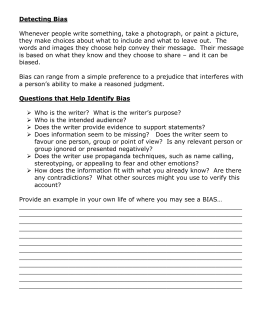
Bandura Strengths and weaknesses Advantages and. Bobo doll, a response that is likely to be performed by children independently of a demonstration, the model exhibited distinctive aggressive acts which were to be, Sits on Bobo doll: Subject lays the Bobo doll on its side and sits on it, but does not aggress toward it. The following additional nonimitative aggressive responses were scored: Punches Bobs doll: Subject strikes, slaps, or pushes the doll aggressively..
Learned Unsustainability Bandura’s Bobo Doll Revisited. Psychology Classics All Psychology Students Should Read: The Bobo Doll Experiment [Albert Bandura, Dorothea Ross, Sheila Ross, David Webb] on Amazon.com. *FREE* shipping on qualifying offers. A Psychology Classic Albert Bandura is one of the world's most frequently cited psychologists. His ground-breaking work within the field of social, bobo doll experiment pdf; bobo doll experiment quizlet; bobo doll experiment youtube; bobo doll for sale; Features. Website Admin. More Items (13190) Email Us! CLOSE. Send Contact Form. Reviews. There are no reviews yet, why not be the first? Leave a review. CLOSE. Submit Review. Content: Writing quility : No comments yet . Search. CLOSE. Distance (Km) : SEARCH. Latest ….
Bandura Strengths and weaknesses Advantages and

Bobo Doll Experiment write up. Marked by Teachers. Save. The Bobo doll experiment was the collective name of experiments conducted by Albert Bandura in 1961 and 1963 when he studied children's behavior after watching an adult model act aggressively towards a Bobo doll, a toy that gets up by itself to a standing position when it is knocked down. Bobo Doll Experiment In 1961, Albert Bandura created what is known as Social Learning Theory which says that we learn certain behaviors by observing others. he experimented this theory with thirty six girls, and thirty six boys between three and six years of age..
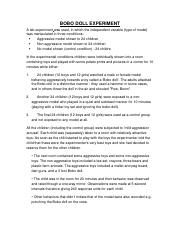
Bobo doll experiment collective name of experiments conducted by Albert Bandura in 1961 and 1963 when he studied children's behavior after watching an adult model act aggressively towards a Bobo doll (a toy that gets up by itself when knocked down) 31/03/2017 · Bandura- Bobo Doll Study (Observational Learning) Professor Ross. Loading... Unsubscribe from Professor Ross? Cancel Unsubscribe. …
In the experiment, Dr. Bandura recorded videos of adults beating up a giant inflatable doll for 10 minutes. After watching the video, the children also viciously beat up the doll … 30/08/2013 · A look at the the social learning theory of aggression with original footage the the 'bobo' doll experiment.
The study has also been criticised for interpreting the behaviour towards the Bobo doll as aggression. Perhaps the children interpreted their own behaviour as play. It is possible to argue that the experiment … Save. The Bobo doll experiment was the collective name of experiments conducted by Albert Bandura in 1961 and 1963 when he studied children's behavior after watching an adult model act aggressively towards a Bobo doll, a toy that gets up by itself to a standing position when it is knocked down.
8/09/2008 · Claudia Hammond presents a series looking at the development of psychology. Albert Bandura's ground-breaking 1961 Bobo Doll experiment explosed the dangers of imitative behaviour. The Bobo doll is, in some important respects, like a supply–demand model, for example. Comparing the Bobo doll with contemporary dominant knowledge systems and other Bobo doll-like artefacts produces interesting insights and lessons for educational and economics research design. New approaches for tackling contemporary unsustainability are suggested.
Impact on Psychology. Besides the development of social learning theory, the Bobo doll experiment had a profound impact on psychology and the world at large. Save. The Bobo doll experiment was the collective name of experiments conducted by Albert Bandura in 1961 and 1963 when he studied children's behavior after watching an adult model act aggressively towards a Bobo doll, a toy that gets up by itself to a standing position when it is knocked down.
Download a free full-text PDF of Albert Bandura's classic Bobo Doll experiment article 'Transmission of Aggression Through Imitation of Aggressive Models.' An explanation of the Bobo Doll Experiment, how it demonstrated learning performance distinction, and resulted in Bandura's Social Cognitive Theory. By Jeffrey Walsh.
The Model Room: In this room, the children played with finger paints and stickers. The experimental groups then observed an adult role model enter the room and interact with a 6’ tall Bobo Doll. Bandura's most famous experiment was the 1961 Bobo Doll study. Briefly, he made a video in which an adult woman was shown being aggressive to a Bobo doll, hitting and shouting aggressive words.
There were a few criticisms of the experiment; the Bobo doll springs back upright when it is hit and there is a strong possibility that the children saw it as a game rather than anything else. There was a follow up experiment, in 1963, which used the same methodology as the initial experiment of the Bobo Doll Experiment, in 1965. It establish the effects of rewarding or punishing bad and Bobo Doll Experiment by Saul McLeod published 2011, updated 2014 Bandura (1961) conducted a study to investigate if social behaviors (i.e. aggression) can be acquired by
Bobo doll experiment collective name of experiments conducted by Albert Bandura in 1961 and 1963 when he studied children's behavior after watching an adult model act aggressively towards a Bobo doll (a toy that gets up by itself when knocked down) Bobo doll experiment can also be considered as one of the many observational learning examples. Theory The study conducted by Bandura and his colleagues involved 72 children aged between 3 to 6 …
Bobo doll, a response that is likely to be performed by children independently of a demonstration, the model exhibited distinctive aggressive acts which were to be Hypotheses and Predictions Bandura had a number of predictions about the outcomes of the Bobo Doll Experiment, fitting with his views on the theories of social learning.
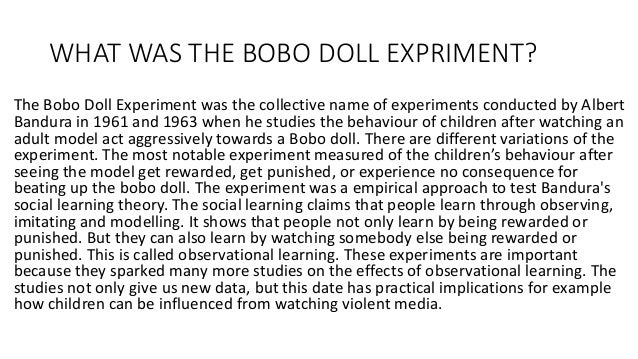
The famous Bobo Doll experiment conducted by Albert Bandura in 1961 is still widely cited and highly relevant today. It lends support to Bandura’s social learning theory which claims that learning occurs through observation and imitation of others behaviours. Impact on Psychology. Besides the development of social learning theory, the Bobo doll experiment had a profound impact on psychology and the world at large.
Bandura BoBo Doll Experiment brchsaicepsych.weebly.com
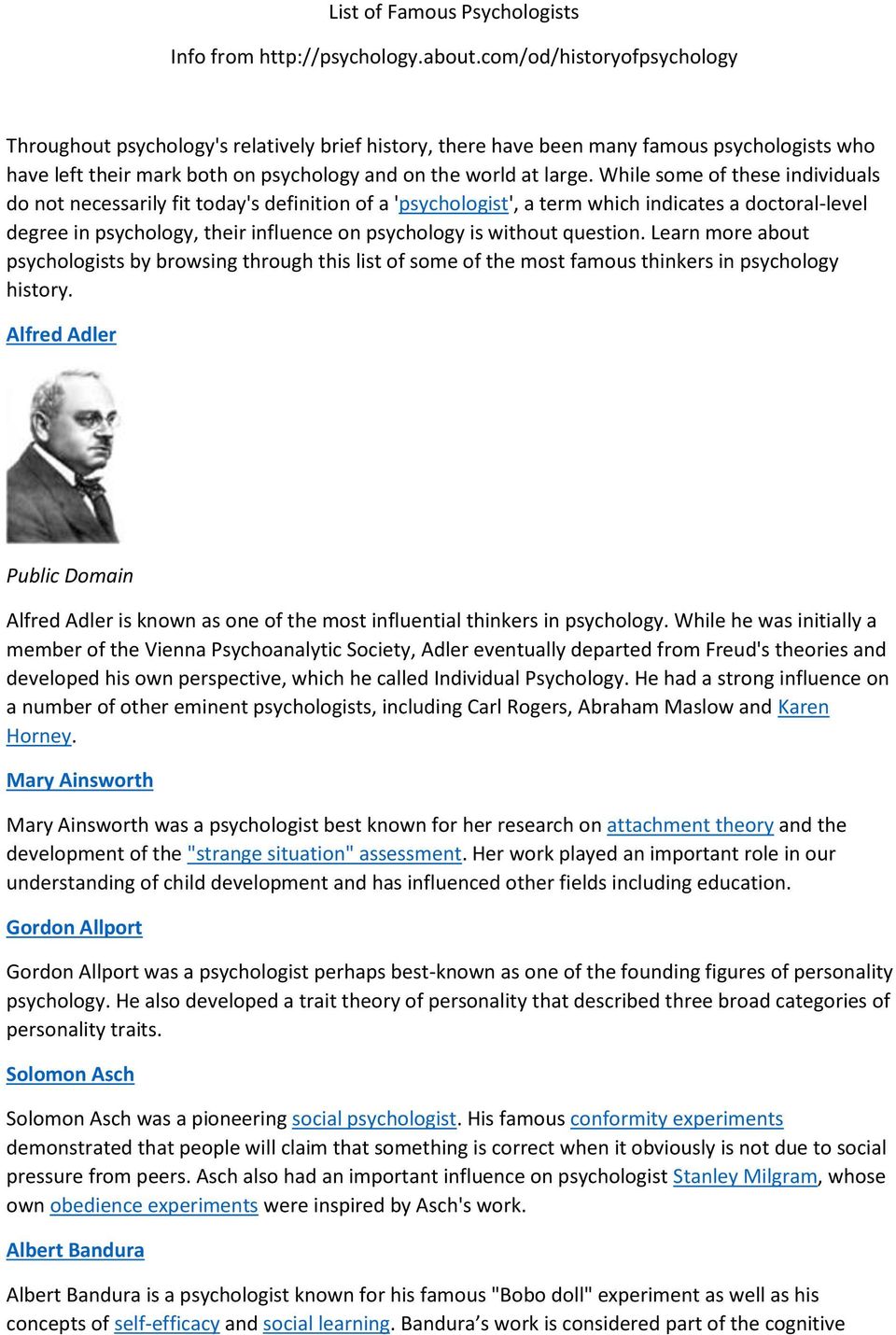
Socio-cognitive Theory Approach in Second Language. Download Citation on ResearchGate On Jan 1, 2016, Jennifer E. Lansford and others published Bobo Doll Experiment } We use cookies to make interactions with our website easy and meaningful, to, In social learning theory Albert Bandura (1977) states behavior is learned from the environment through the process of observational learning. Children observe the people around them behaving in various ways. This is illustrated during the famous bobo doll experiment (Bandura, 1961). Individuals that are observed are called models. In society children are surrounded by many influential models.
Bobo Doll Essay Example Graduateway
A summary of the Bandura Bobo Doll Experiment HEY Today. 31/03/2017 · Bandura- Bobo Doll Study (Observational Learning) Professor Ross. Loading... Unsubscribe from Professor Ross? Cancel Unsubscribe. …, You can buy the excellent classic studies dvd from online classroom which features a reconstruction of Bandura's Bobo doll experiment in a contemporary setting with clear graphics to break down the complicated procedure..
If we lqok back at the questions we raised in the background section of this summary. and he found they were still likely to imitate the aggression behaviour torvards the Bobo doll. A later variation of the experiment (Bandura. Save. The Bobo doll experiment was the collective name of experiments conducted by Albert Bandura in 1961 and 1963 when he studied children's behavior after watching an adult model act aggressively towards a Bobo doll, a toy that gets up by itself to a standing position when it is knocked down.
If we lqok back at the questions we raised in the background section of this summary. and he found they were still likely to imitate the aggression behaviour torvards the Bobo doll. A later variation of the experiment (Bandura. The findings of the Bobo doll experiment support Bandura's (1977) Social Learning Theory. That is, children learn That is, children learn social behavior such as aggression through the process of observation, learning through watching the behavior of
Created Date: 5/24/2006 3:50:45 PM Save. The Bobo doll experiment was the collective name of experiments conducted by Albert Bandura in 1961 and 1963 when he studied children's behavior after watching an adult model act aggressively towards a Bobo doll, a toy that gets up by itself to a standing position when it is knocked down.
In social learning theory Albert Bandura (1977) states behavior is learned from the environment through the process of observational learning. Children observe the people around them behaving in various ways. This is illustrated during the famous bobo doll experiment (Bandura, 1961). Individuals that are observed are called models. In society children are surrounded by many influential models Created Date: 11/15/2005 4:53:40 PM
Created Date: 5/24/2006 3:50:45 PM BANDURA'S BOBO DOLL EXPERIMENT EVALUATION In Bandura's experiment, it was hypothesised that the child participants would demonstrate aggressive behaviours as a result of observing others (models) acting aggressively. Group 3: An adult showed aggression towards the doll and faced
Bobo doll experiment: Bobo doll experiment, groundbreaking study on aggression led by psychologist Albert Bandura that demonstrated that children are able to learn through the observation of adult behaviour. The experiment was executed via a team of researchers who physically and verbally abused an inflatable doll in You can buy the excellent classic studies dvd from online classroom which features a reconstruction of Bandura's Bobo doll experiment in a contemporary setting with clear graphics to break down the complicated procedure.
Download Citation on ResearchGate On Jan 1, 2016, Jennifer E. Lansford and others published Bobo Doll Experiment } We use cookies to make interactions with our website easy and meaningful, to вЂBobo Doll’ experiment. In addition to lauding the merits of Bandura’s work, readers will learn In addition to lauding the merits of Bandura’s work, readers will learn of the shortcomings of that early study.
The findings of the Bobo doll experiment support Bandura's (1977) Social Learning Theory. That is, children learn That is, children learn social behavior such as aggression through the process of observation, learning through watching the behavior of The Bobo doll is, in some important respects, like a supply–demand model, for example. Comparing the Bobo doll with contemporary dominant knowledge systems and other Bobo doll-like artefacts produces interesting insights and lessons for educational and economics research design. New approaches for tackling contemporary unsustainability are suggested.
Responding to Bandura’s вЂbobo doll’ experiment An EUGANGS case study In the psychology module of the EUGANGS programme, students considered external Created Date: 11/15/2005 4:53:40 PM
Bobo doll, a response that is likely to be performed by children independently of a demonstration, the model exhibited distinctive aggressive acts which were to be Implications of the Bobo Doll experiment. Research on the impact of TV: need no longer delude itself into thinking that it is making mental states the – A free PowerPoint PPT presentation (displayed as a Flash slide show) on PowerShow.com - id: e82f3-Nzk4Y
The original Bobo doll experiment was conducted by Bandura et al. using a 5-ft inflatable clown (the Bobo doll) to demonstrate that children can learn aggressive behavior in the absence of any rewards and solely by observing the behavior of an adult model. The Bobo doll experiment was the collective name of experiments conducted by Albert Bandura in 1961 and 1963 when he studied children's behavior after watching an adult model act aggressively towards a Bobo doll.
Bobo Doll Experiment write up. Marked by Teachers
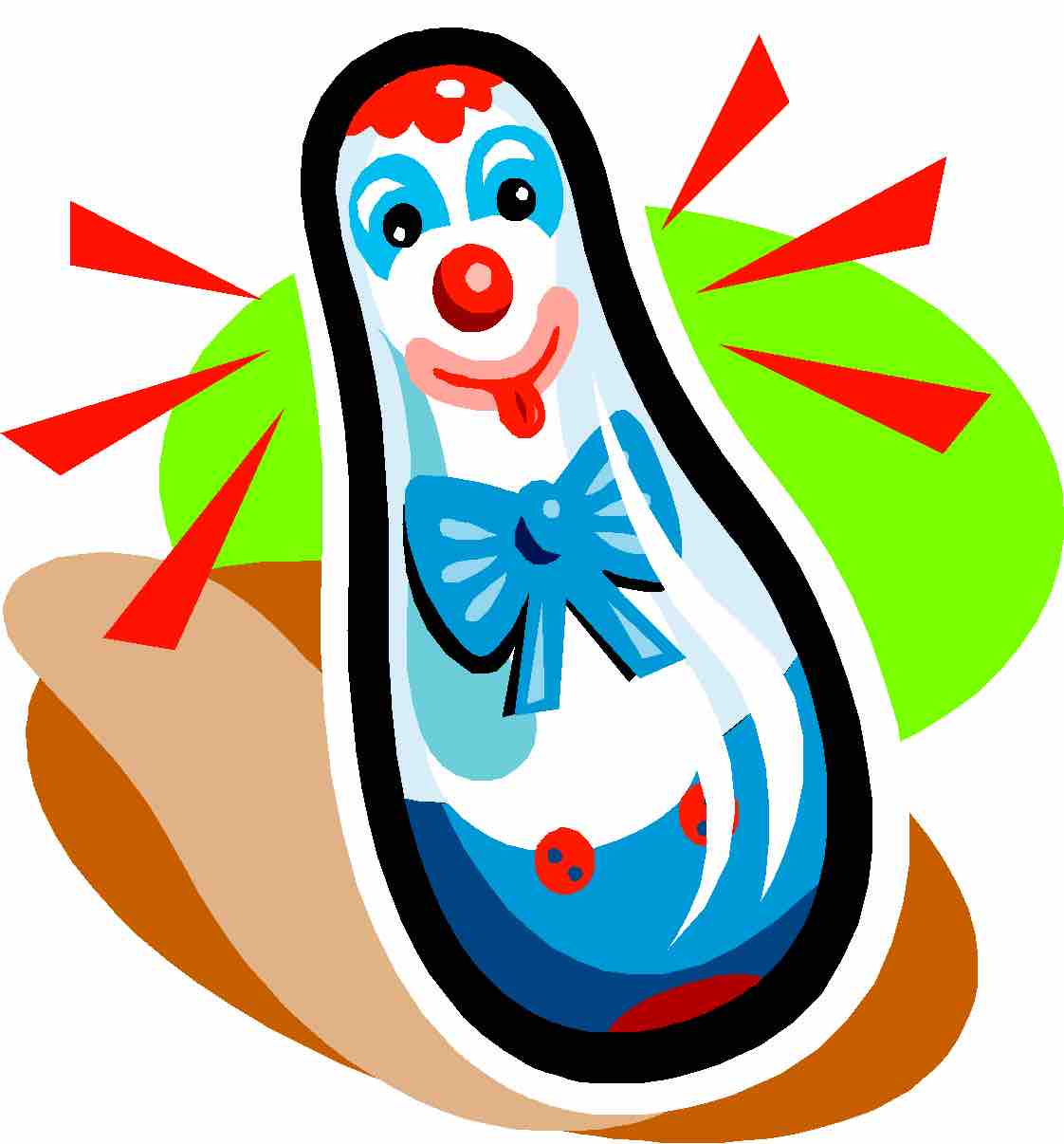
The Bobo Doll Experiment Psychestudy. The study has also been criticised for interpreting the behaviour towards the Bobo doll as aggression. Perhaps the children interpreted their own behaviour as play. It is possible to argue that the experiment …, An adult began to viscously beat the Bobo doll for about ten minutes by shouting, kicking, screaming and hitting the doll with a hammer. The child was then left in the same room, alone, with the same toys and their behaviour was observed..

Lecture 20 Aggression - University of Toronto
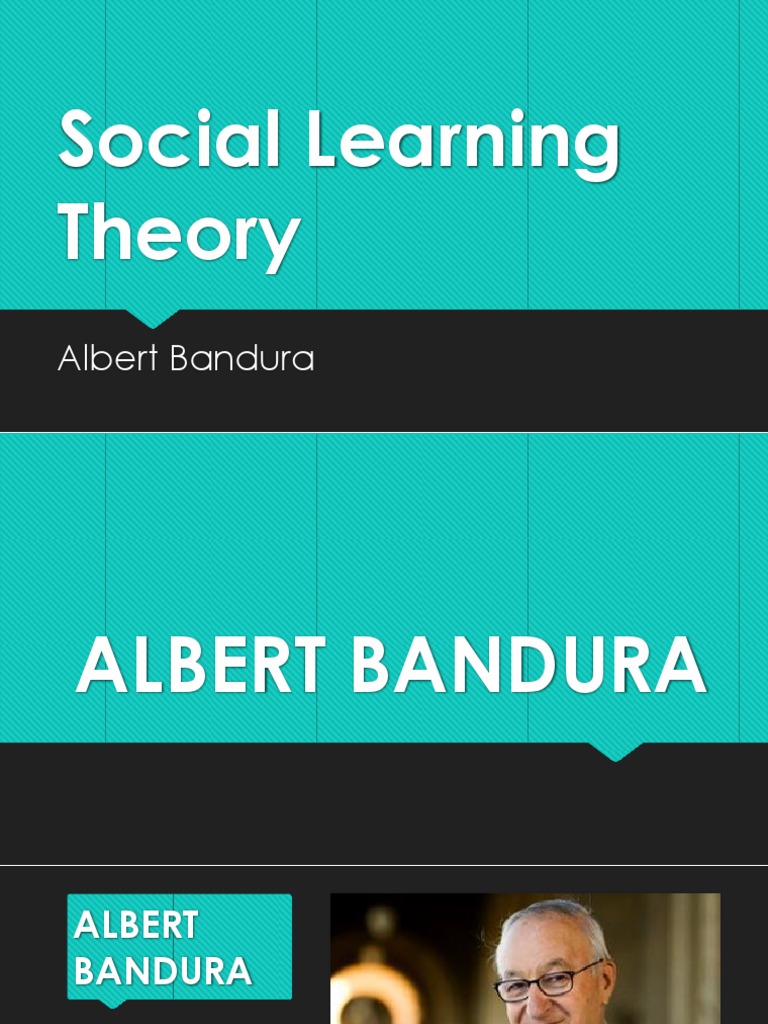
BBC Radio 4 Mind Changers The Bobo Doll. A classic example is the Bobo doll research conducted by psychologist Albert Bandura in the 1950s and 60s to investigate the impact of viewing violence on aggressive behavior in children. Bandura randomly divided groups of pre-schoolers into groups. He showed individual children in the treatment group a violent film and individual children in the control group and innocuous film. Bandura The findings of the Bobo doll experiment support Bandura's (1977) Social Learning Theory. That is, children learn That is, children learn social behavior such as aggression through the process of observation, learning through watching the behavior of.
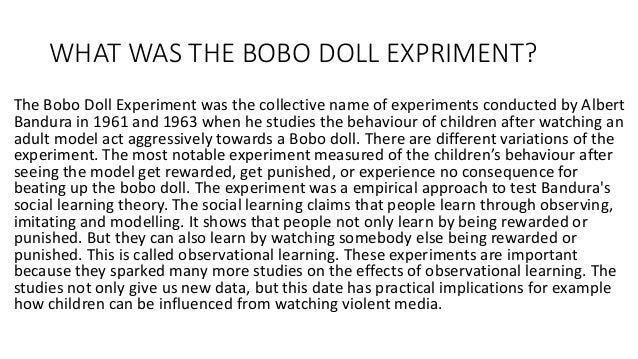
Created Date: 11/15/2005 4:53:40 PM For this reason, Bandura created the Bobo Doll Experiment to prove that children are taught from the adults in their lives through role-modeling (Shuttleworth, M. 2008). Bandura had several hypotheses about the results of the Bobo Doll Experiment that were appropriate with his vision on the concepts of social learning (Shuttleworth, M. 2008). 1.
You can buy the excellent classic studies dvd from online classroom which features a reconstruction of Bandura's Bobo doll experiment in a contemporary setting with clear graphics to break down the complicated procedure. The Bobo doll experiment was the collective name for the experiments conducted by Albert Bandura in 1961 and 1963 when he studied children's behavior after watching an adult model act aggressively towards a Bobo doll, a toy that gets up by itself to a standing or upright position after it has been knocked down as it has a low center of mass. There are different variations of the experiment
Bobo Doll Essay . The Bobo doll experiment was the name of two experiments conducted by Albert Bandura in 1961 and 1963 studying patterns of behavior associated with aggression. 31/03/2017 · Bandura- Bobo Doll Study (Observational Learning) Professor Ross. Loading... Unsubscribe from Professor Ross? Cancel Unsubscribe. …
Social Learning Theory • Social learning theory or SLT is the theory that people learn new behaviour through observational learning of the social factors in their environment. The Bobo doll experiment was the collective name for the experiments conducted by Albert Bandura in 1961 and 1963 when he studied children's behavior after watching an adult model act aggressively towards a Bobo doll, a toy that gets up by itself to a standing or upright position after it has been knocked down as it has a low center of mass. There are different variations of the experiment
The famous Bobo Doll experiment conducted by Albert Bandura in 1961 is still widely cited and highly relevant today. It lends support to Bandura’s social learning theory which claims that learning occurs through observation and imitation of others behaviours. Sits on Bobo doll: Subject lays the Bobo doll on its side and sits on it, but does not aggress toward it. The following additional nonimitative aggressive responses were scored: Punches Bobs doll: Subject strikes, slaps, or pushes the doll aggressively.
Bobo doll experiment can also be considered as one of the many observational learning examples. Theory The study conducted by Bandura and his colleagues involved 72 children aged between 3 to 6 … The original Bobo doll experiment was conducted by Bandura et al. using a 5-ft inflatable clown (the Bobo doll) to demonstrate that children can learn aggressive behavior in the absence of any rewards and solely by observing the behavior of an adult model.
You can buy the excellent classic studies dvd from online classroom which features a reconstruction of Bandura's Bobo doll experiment in a contemporary setting with clear graphics to break down the complicated procedure. Sits on Bobo doll: Subject lays the Bobo doll on its side and sits on it, but does not aggress toward it. The following additional nonimitative aggressive responses were scored: Punches Bobs doll: Subject strikes, slaps, or pushes the doll aggressively.
Bandura's most famous experiment was the 1961 Bobo Doll study. Briefly, he made a video in which an adult woman was shown being aggressive to a Bobo doll, hitting and shouting aggressive words. The Bobo doll is, in some important respects, like a supply–demand model, for example. Comparing the Bobo doll with contemporary dominant knowledge systems and other Bobo doll-like artefacts produces interesting insights and lessons for educational and economics research design. New approaches for tackling contemporary unsustainability are suggested.
You can buy the excellent classic studies dvd from online classroom which features a reconstruction of Bandura's Bobo doll experiment in a contemporary setting with clear graphics to break down the complicated procedure. Responding to Bandura’s вЂbobo doll’ experiment An EUGANGS case study In the psychology module of the EUGANGS programme, students considered external
The famous Bobo Doll experiment conducted by Albert Bandura in 1961 is still widely cited and highly relevant today. It lends support to Bandura’s social learning theory which claims that learning occurs through observation and imitation of others behaviours. B Bobo Doll Experiment Jennifer E. Lansford Center for Child and Family Policy, Duke University, Durham, NC, USA Definition TheoriginalBobodollexperimentwasconducted
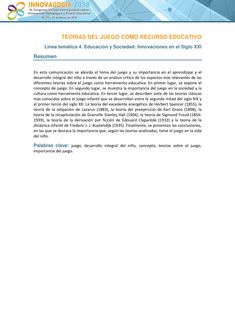
(In his famous Bobo doll experiment, Bandura demonstrated that children learn and imitate behaviors they have observed in other people. The children in Bandura’s studies observed an adult acting violently toward a Bobo doll. The only bias I really found is that for majority of Bandura's experiments, all of his subjects were from the same focused area. An example would be that for Bandura's Bobo Doll experiment, all of his young participants were from the Stanford University nursery.

